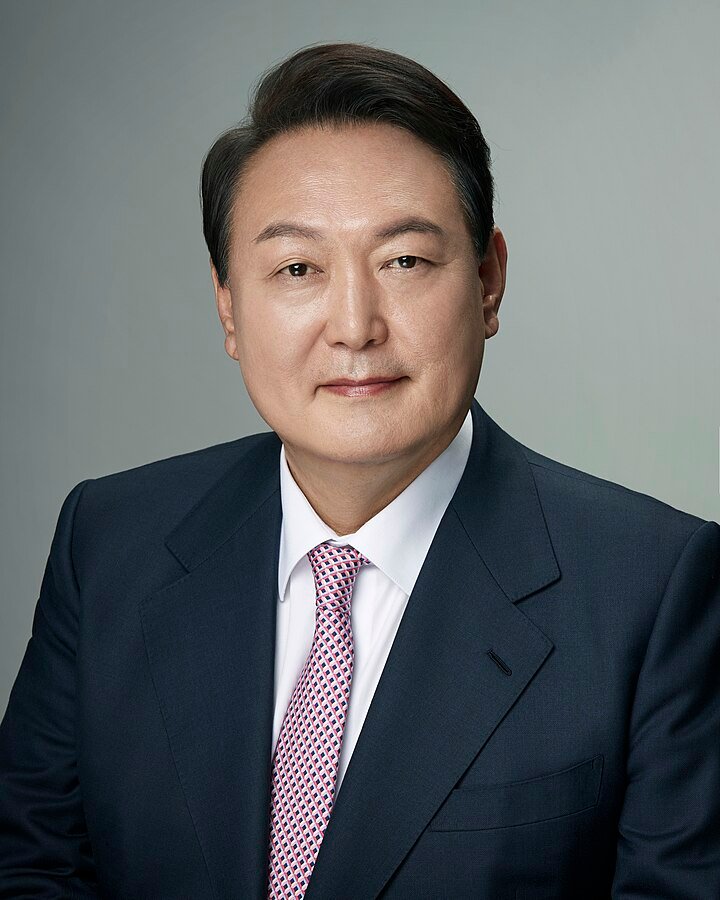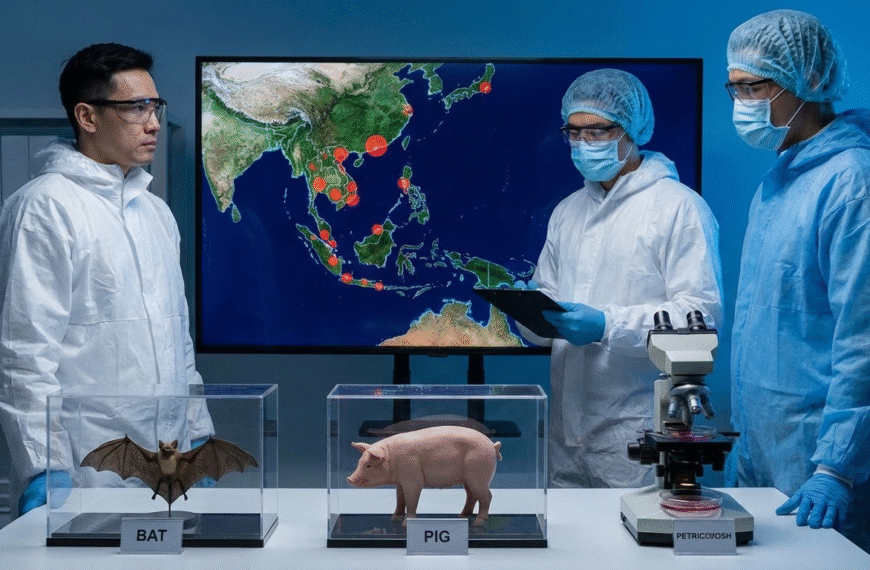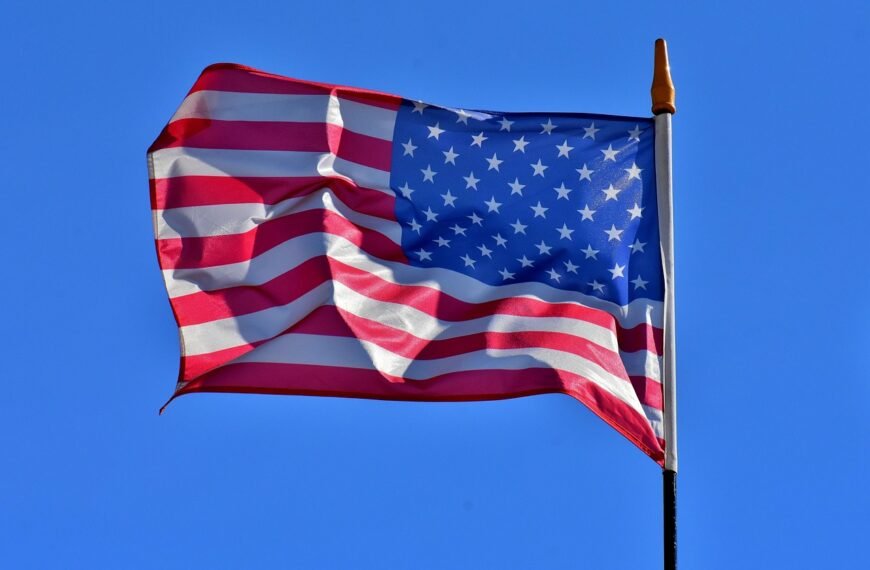South Korea has plunged into a historic political crisis with the arrest of President Yoon Suk Yeol by the nation’s anti-corruption agency. This unprecedented move marks the first time a sitting president has been detained in the country. Yoon was taken into custody from his official residence on Wednesday morning following weeks of intense standoff. The arrest comes in the wake of his controversial martial law declaration last month, which has triggered multiple investigations, including allegations of insurrection — a charge that could lead to life imprisonment or even the death penalty.
The political saga began when Yoon announced martial law in a late-night address on December 3, citing the paralysis of state affairs by opposition lawmakers and claiming the move was essential to safeguard South Korea’s liberal democracy from internal threats. However, the decision met with swift backlash from both the public and members of parliament, including his own party. Within hours, the National Assembly voted to annul the declaration, evoking memories of the nation’s authoritarian past and intensifying calls for accountability.
As investigations deepened, Yoon defied three summonses by authorities, prompting a court to issue a warrant for his detention earlier this month. Efforts to detain him initially failed due to resistance from the Presidential Security Service and the military, leading to a prolonged standoff at the presidential compound. After weeks of evasion, Yoon was finally apprehended under a warrant permitting a 48-hour detention, after which further legal action would be required to extend custody.
In a pre-recorded statement released post-arrest, Yoon criticized the investigations as unlawful and invalid, asserting his duty as president to protect the constitution and legal system. Demonstrations erupted outside his residence, with supporters and opponents clashing in sub-zero temperatures. Protesters called for his resignation, while loyalists denounced the impeachment and rallied for his reinstatement. Police maintained a heavy presence to manage the tense standoff.
The controversy has left the country in political disarray. Yoon was stripped of his presidential powers last month following a parliamentary vote to impeach him, and his impeachment trial began this week. Despite Yoon’s refusal to attend, the Constitutional Court is proceeding with the trial, which could extend for months and will determine whether he is permanently removed from office. Adding to the crisis, parliament has also impeached Prime Minister Han Duck-soo, leaving Finance Minister Choi Sang-mok as acting president.
The fallout from Yoon’s martial law declaration continues to reverberate through the government, with impeachment proceedings launched against several of his top officials, including the justice minister and prosecutors. The Constitutional Court has prioritized these cases, underscoring the nation’s political fragility as it navigates this unprecedented chapter in its democratic history.
This dramatic turn of events reflects the deep political divisions in South Korea and raises pressing questions about governance, accountability, and the future of the nation’s democracy.
This is a developing story and will be updated.






















